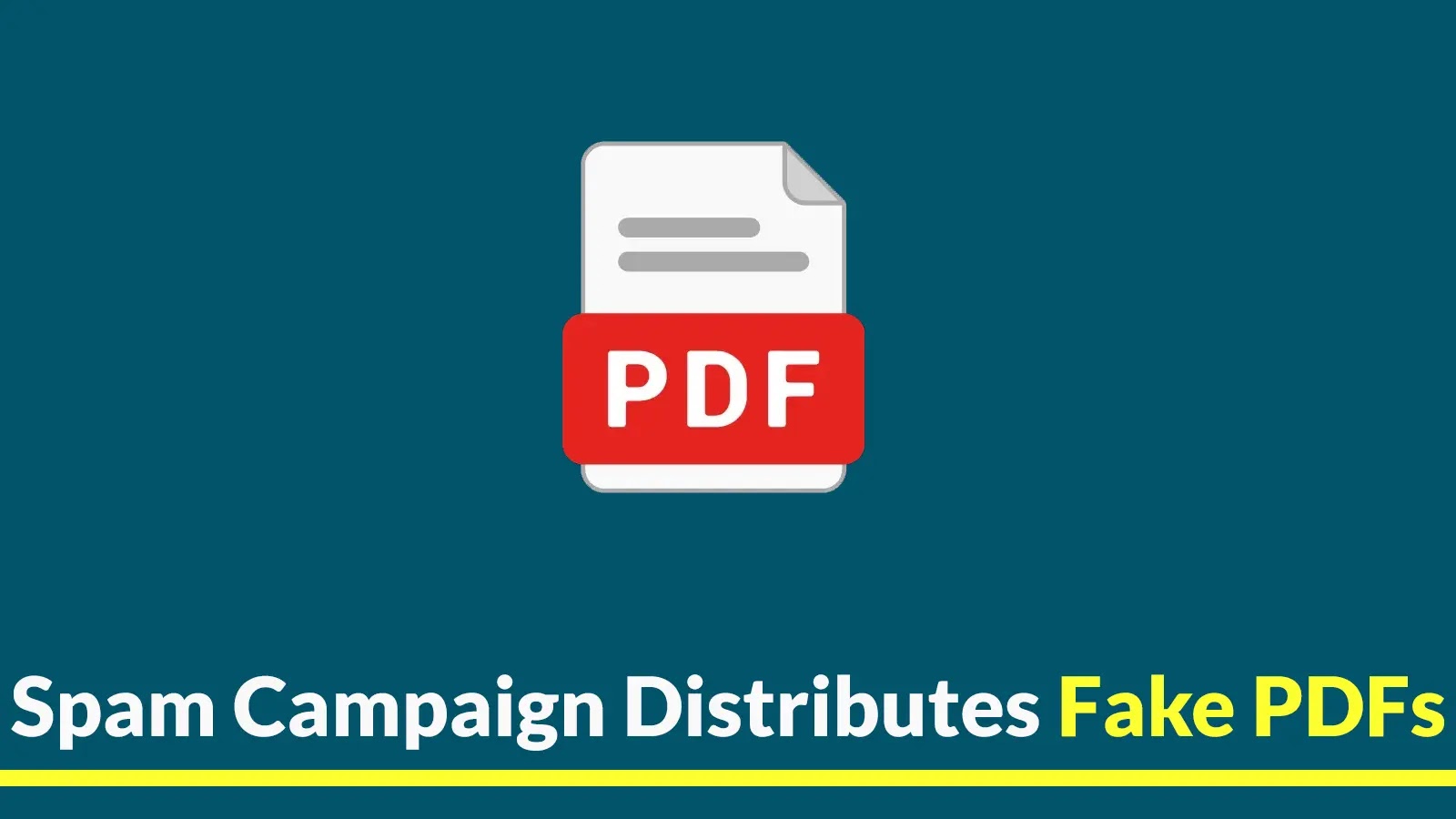Apache SeaTunnel, a widely adopted distributed data integration platform, has recently disclosed a significant security vulnerability identified as CVE-2025-32896. This flaw permits unauthenticated attackers to read arbitrary files and execute remote code through deserialization attacks, posing a substantial risk to organizations utilizing affected versions of the software.
Overview of Apache SeaTunnel
Apache SeaTunnel is a high-performance, distributed data integration engine designed to synchronize massive data volumes across diverse environments. Its robust capabilities have led to widespread adoption among large-scale organizations seeking efficient data integration solutions.
Details of the Vulnerability
The vulnerability affects Apache SeaTunnel versions 2.3.1 through 2.3.10. It originates from insufficient access controls in the platform’s RESTful API v1, specifically the `/hazelcast/rest/maps/submit-job` endpoint. This endpoint, intended for job submission, lacks proper authentication mechanisms, allowing malicious actors to exploit the system without valid credentials.
Security researcher Owen Amadeus discovered and reported this issue, highlighting that unauthorized users can perform arbitrary file read and deserialization attacks by submitting jobs using RESTful API v1. The exploitation mechanism involves manipulating MySQL connection parameters, where attackers inject malicious payloads through URL parameters to achieve their objectives. This attack vector is particularly concerning as it combines two critical security risks: arbitrary file access and deserialization vulnerabilities, potentially leading to remote code execution scenarios.
Technical Breakdown
The exploitation centers around the manipulation of database connection strings within the SeaTunnel job submission process. Attackers can craft specially designed MySQL URLs containing additional parameters that trigger both arbitrary file read operations and Java deserialization attacks. The vulnerable endpoint processes these malicious requests without proper validation or authentication checks.
The deserialization component of this attack is particularly dangerous, as it can allow attackers to execute arbitrary code on the target system. By submitting crafted serialized objects through the job submission interface, malicious actors can potentially gain complete control over the affected SeaTunnel instance. This type of vulnerability exploits Java’s object serialization mechanism, where untrusted data can be deserialized into executable code, bypassing traditional security boundaries.
Potential Impact
The implications of this vulnerability are severe:
– Unauthorized Data Access: Attackers can read sensitive configuration files, credentials, and other critical data stored on the server.
– Remote Code Execution: Exploitation of unsafe Java object deserialization allows attackers to execute arbitrary code on the server, potentially leading to full system compromise.
– Operational Disruption: Successful exploitation can result in service outages, data corruption, or deployment of malware, disrupting business operations.
Mitigation Strategies
To address this critical vulnerability, the Apache SeaTunnel development team has released version 2.3.11, which includes comprehensive security improvements to prevent unauthorized access. Organizations using affected versions should take the following steps:
1. Upgrade to Patched Version: Immediately upgrade to Apache SeaTunnel version 2.3.11 or later. The patched version includes updated access control logic and secured API endpoints to prevent unauthenticated access.
2. Enable RESTful API v2: Disable RESTful API v1 and switch to API v2, which enforces stricter authentication and access controls.
3. Activate HTTPS Two-Way Authentication: Configure HTTPS with two-way authentication for all SeaTunnel nodes to ensure secure communication and prevent unauthorized access.
4. Monitor for Exploitation: Review server logs for suspicious activity, particularly unauthorized access to `/hazelcast/rest/maps/submit-job`. Implement intrusion detection systems (IDS) to identify and block exploitation attempts.
Lessons Learned
This incident underscores the critical importance of securing API endpoints and maintaining up-to-date software. Key takeaways include:
– Secure API Design: Authentication and access control must be enforced for all API endpoints to prevent unauthorized access.
– Timely Updates: Organizations must prioritize patching vulnerable systems to mitigate risks promptly.
– Proactive Monitoring: Continuous monitoring of server activity can help detect and respond to exploitation attempts early.
Conclusion
CVE-2025-32896 highlights the necessity for robust security measures in data integration platforms. By upgrading to the latest version of Apache SeaTunnel and implementing recommended security practices, organizations can protect their systems from exploitation and ensure the integrity of their data integration processes.



